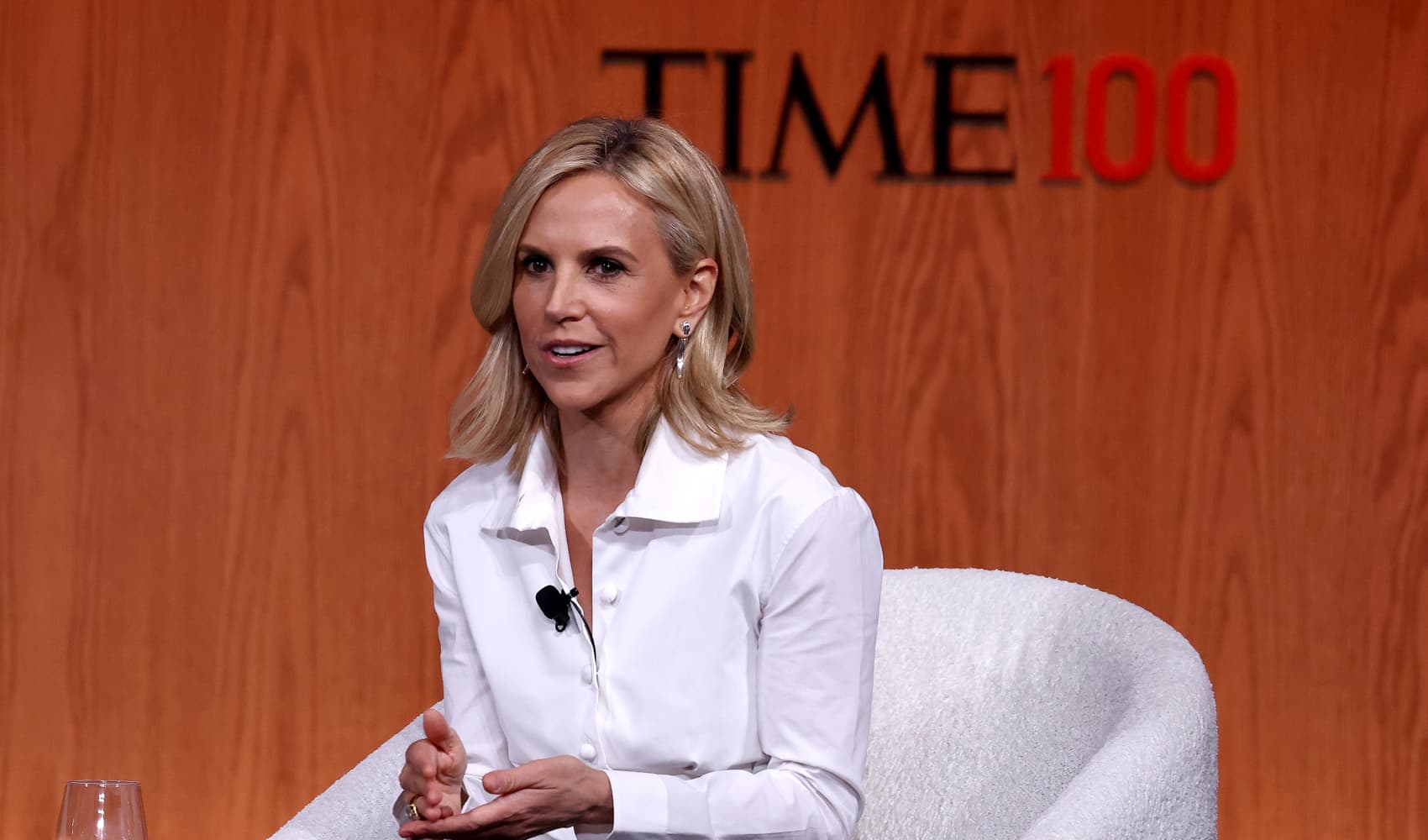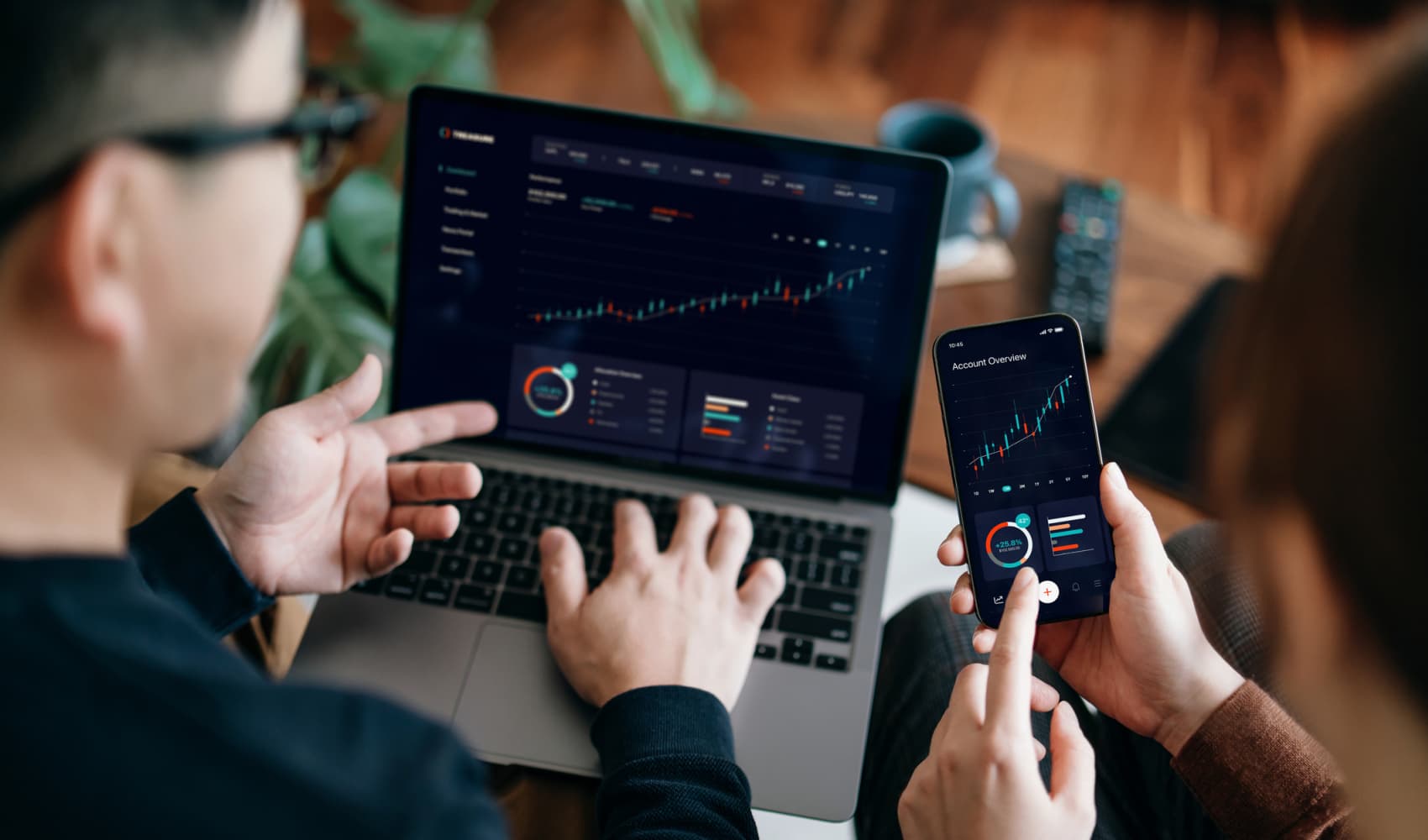
Can sustainable investing produce sustainable gains?
Environmental, social and governance (ESG) investments could become a $1 trillion category by 2030, BlackRock's head of iShares Americas, Armando Senra, told CNBC's "ETF Edge" this week.
With U.S. investment in iShares' suite of ESG funds starting to pick up in earnest this year, "we're just at the very beginning" of what could be a decade-long growth story, Senra said.
Get Tri-state area news and weather forecasts to your inbox. Sign up for NBC New York newsletters.
ESG funds are on track for a record year of inflows, raking in over $21 billion in the first quarter of 2021. That's an acceleration from 2020, when they earned over $51 billion for the year; 2019, when they accrued $21.4 billion; and 2018, when they saw about $5.4 billion in inflows.
Senra attributed the interest to larger asset managers and model portfolio managers incorporating sustainable investments into their strategies in more impactful ways.
Two of iShares newest launches, the BlackRock U.S. Carbon Transition Readiness ETF (LCTU) and its international counterpart (LCTD), could benefit from money managers embracing ESG plays.
Money Report
With LCTU, in which Apple, Microsoft and Amazon are the top holdings, "you have exposure to the Russell 1000, but with 50% lower carbon intensity," Senra said.
That strategy ties into a broader push within ESG to offer investors an alternative to more traditional core portfolios without sacrificing performance, said IndexIQ's Salvatore Bruno, whose firm runs an ESG ETF of its own.
"ESG investing went from being a satellite or a fringe type of an investment strategy to much more of a core-type strategy," Bruno, IndexIQ's chief investment officer and a driving force behind the IQ Candriam ESG US Equity ETF (IQSU), said in the same "ETF Edge" interview.
Though it shares some positions with LCTU — particularly Apple and Microsoft, its two top holdings — IQSU is more selective on some counts, Bruno said.
For one, Netflix did not pass IQSU's screens, the CIO said.
"One of the big reasons they're actually not in our strategy is that they have a significant negative impact on the environment through the high electricity consumption of their data service," Bruno said, adding that Amazon also didn't make the cut on account of some of its issues with employees.
While issuers zero in on their preferred ways of defining ESG, the key for investors is knowing what they own, CFRA's senior director of ETF and mutual fund research Todd Rosenbluth said in the same interview.
The same index providers making the definitions are the ones who "classify companies as either growth or value," Rosenbluth said.
"Often, they'll agree with one another, but often, they will not," he said. "You need to understand what's inside the portfolio. If what you want is a core product that's closely aligned to the broader market and you're comfortable that the five largest stocks are the same five largest stocks in the S&P 500 but there's a lot of stocks that are not further down, then there's some great products."
For those seeking more exclusionary products, it's important to know the differences, Rosenbluth said.






